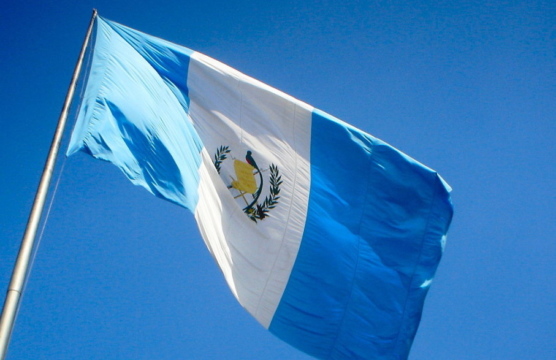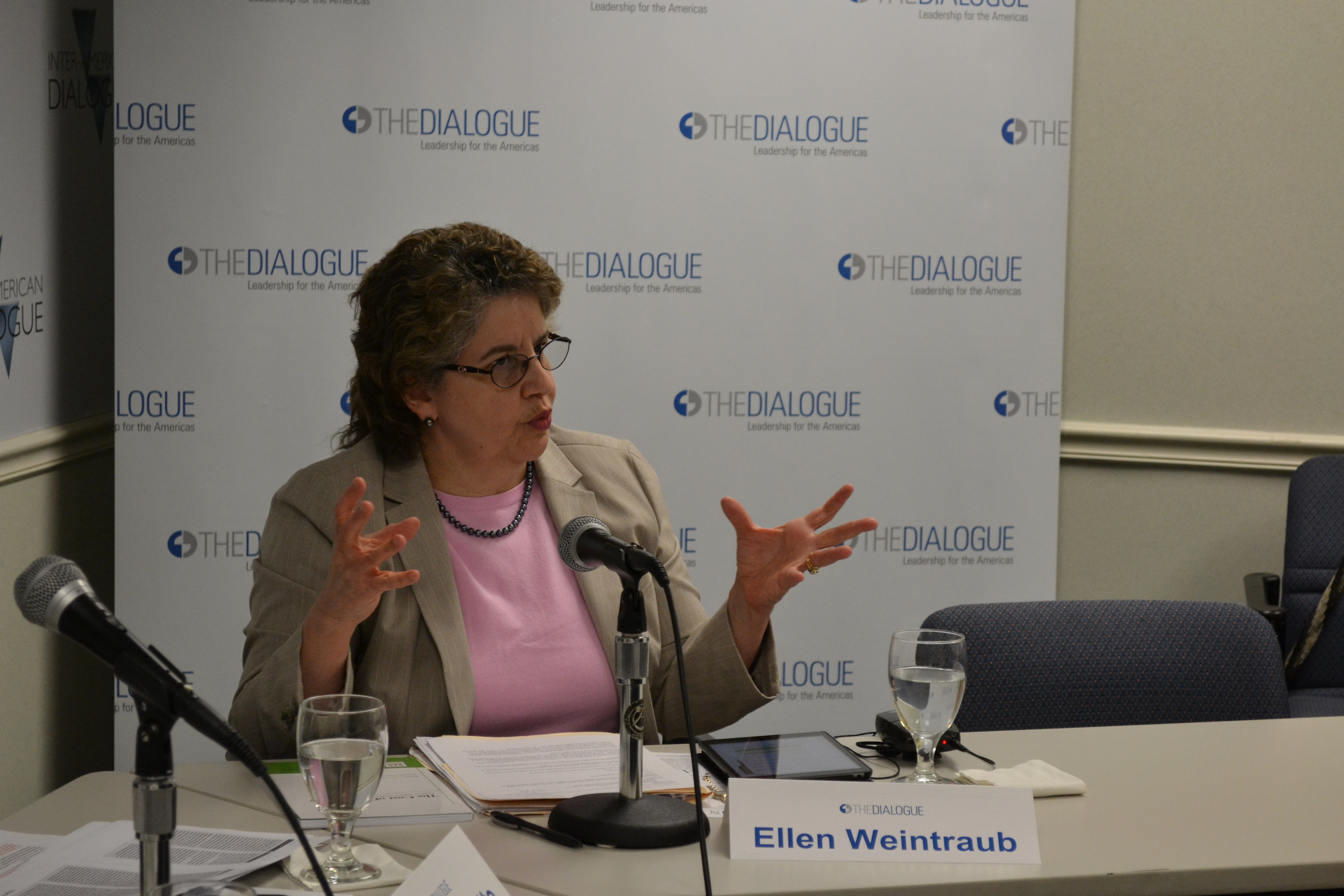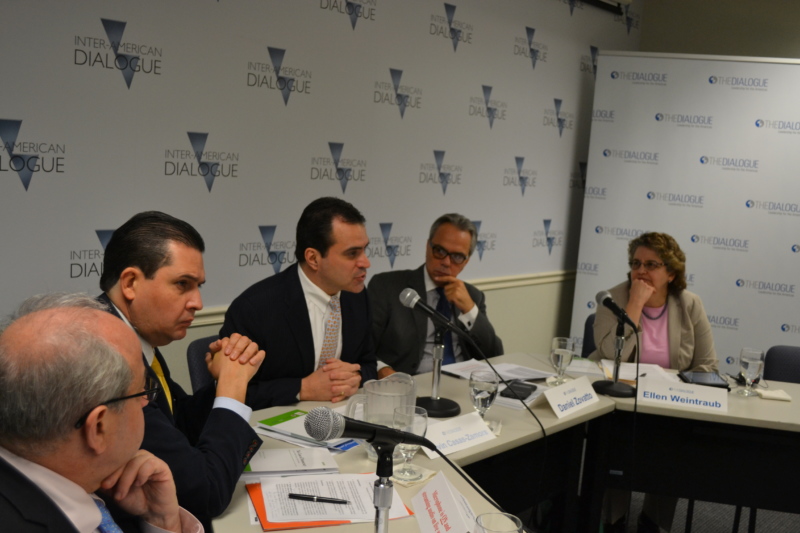
Are Countries Making Progress in Fighting Corruption?
Which countries in the region are making strides in fighting corruption, and which are falling short?
On February 29th, 2016 the Inter-American Dialogue held an event on “Regulating Campaign Finance in the Americas." The event launched the book The Cost of Democracy: Essays on Political Finance in Latin America authored by Kevin Casas-Zamora and Daniel Zovatto. Casas-Zamora, senior fellow and director of the Peter D. Bell Rule of Law Program at the Inter-American Dialogue, and Zovatto, Regional Director for Latin America and the Caribbean in International IDEA, were joined by Commissioner Ellen Weintraub, from the US Federal Elections Commission, and Francisco Guerrero, Secretary for Strengthening Democracy for the OAS, in the discussion. The discussion was moderated by Michael Shifter, president of the Inter-American Dialogue.
The speakers analyzed the negative effects of unregulated campaign financing on democratic governance. Casas-Zamora and Zovatto emphasized the relationship between campaign finance and political integrity, highlighting how funding of political campaigns by groups with economic power develops conflict of interests for candidates affecting their political agendas once elected. Casas-Zamora expressed concern about this type of campaign financing as it broadens political inequalities in the region and opens the door for organized crime to infiltrate political processes. Guerrero also shared his concerns about the power granted to these groups and private corporations in the political process through financing since it may even influence the electorate when voting. He posed the question of whether the decisions of voters were made freely or were heavily influenced by these groups through propaganda or other means.
[caption id="attachment_47451" align="alignleft" width="373"] Photo by Ben Raderstorf / Inter-American Dialogue[/caption]
Photo by Ben Raderstorf / Inter-American Dialogue[/caption]Guerrero insisted that campaign finance reform could also have strong effects on corruption in the region by providing the example of how the Support Mission against Corruption and Impunity in Honduras (MACCIH) has considered implementing electoral reforms as part of their broader effort to fight corruption. Weintraub also spoke to the importance of reforming campaign finance to increase transparency and access to information in the electoral process. Weintraub argued that unregulated campaign finance leaves many feeling that they do not have a voice, which contradicts what she called “the heart of democracy”.
In their book, Casas-Zamora and Zovatto offer recommendations on reforming campaign finance in the region. Zovatto, however, emphasized during the discussion that these reforms are important but that proper enforcement of these laws is imperative to the strengthening of the democratic process.
During the round of questions, attendees asked about mechanisms already in place to tackle this problem in the region, how important the level of civic engagement and a country’s political culture are to implementing these changes, the role independent candidates play in this issue, whether the book offers general standards for campaign finance legislation and how can anyone build support for these types of profound political changes. The speakers concluded by stating that political scandals and dire needs tend to be the catalysts to this type of profound changes. They added that while strides have been made in this area, there is still room for progress in the region.
Which countries in the region are making strides in fighting corruption, and which are falling short?
Organized criminal groups pose an increasing risk to democracy and the rule of law in El Salvador.
Over the past weeks, public discontent with the administration of President Dilma Rousseff has continued to rise.
 Ben Raderstorf / Inter-American Dialogue
Ben Raderstorf / Inter-American Dialogue
 Video
Video